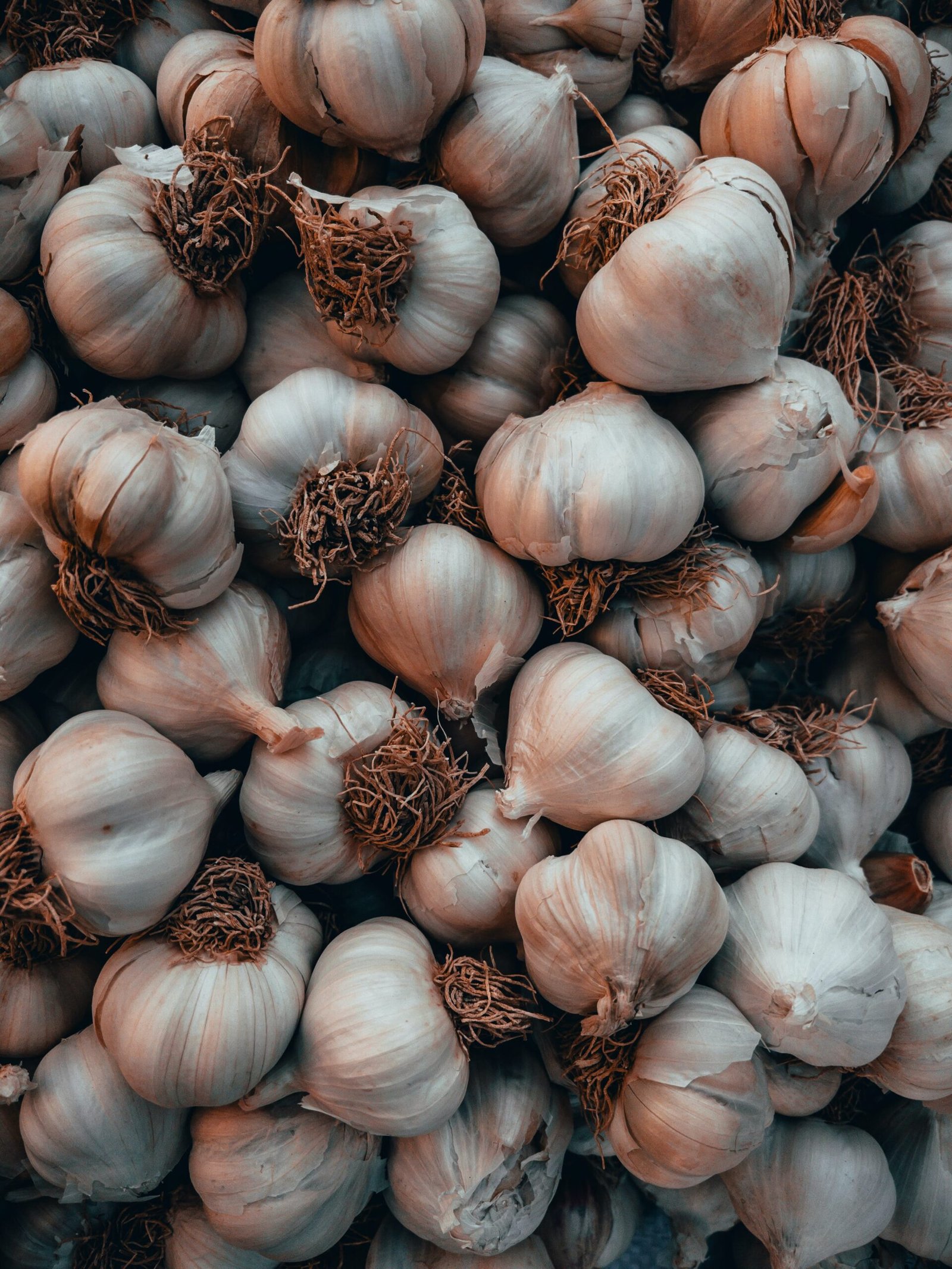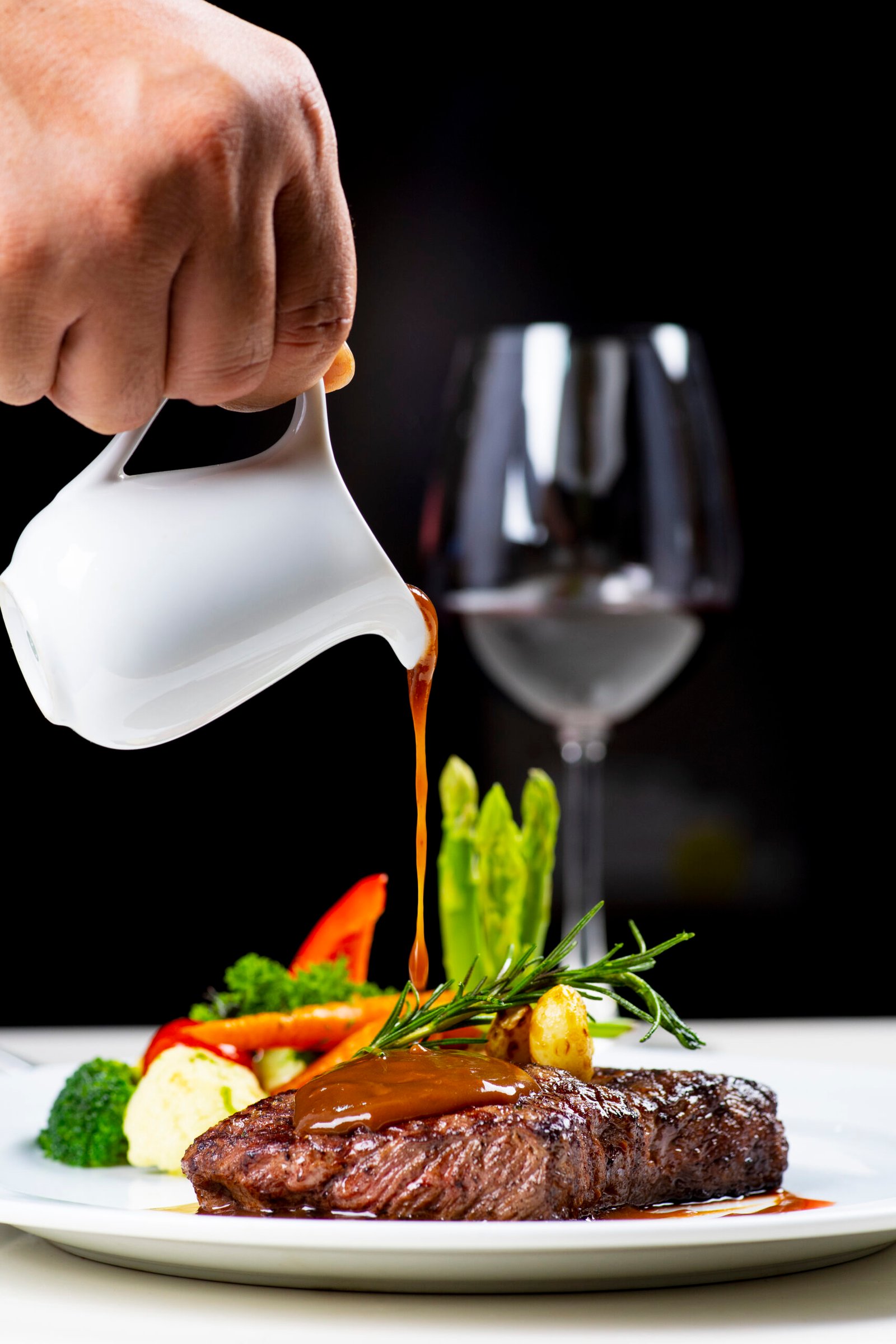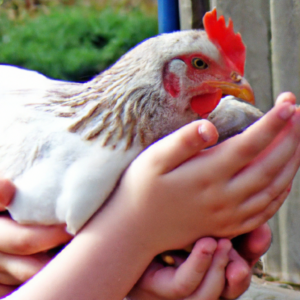
Chickens are curious creatures that love to explore their surroundings, often pecking at whatever catches their fancy. If you have a garden, you might be wondering if it’s safe to let your feathery friends roam freely among your precious plants and vegetables. In this article, we will delve into the world of chicken foraging, exploring which common garden plants and vegetables are safe for our feathered companions to nibble on, ensuring a happy and healthy coop environment for both humans and chickens alike.

Introduction
Chickens are curious and opportunistic creatures, often seen pecking and scratching their way through the garden. As a chicken owner, it is essential to know which garden plants and vegetables are safe for your feathered friends to devour and which should be avoided. While chickens are natural foragers and can happily consume a variety of foods, certain plants can be toxic and harmful to their health. In this article, we will provide a comprehensive guide on what garden plants and vegetables are safe for chickens to eat and precautions to consider when feeding them.
Safe Garden Plants for Chickens
Fortunately, there are numerous garden plants that chickens can safely consume. Leafy greens such as lettuce, spinach, and Swiss chard are not only safe but also highly beneficial for your chickens. These green delights are a great source of vitamins and minerals, keeping your chickens healthy and happy.
Herbs like parsley, basil, and oregano are also safe for chickens to munch on. These aromatic plants add flavor to their diet while providing natural antioxidants and improving their overall digestive health.
Root vegetables such as carrots and beets are another excellent addition to your chicken’s menu. These nutritious veggies can be fed to them raw or cooked, adding some variety to their diet and providing them with essential nutrients.
Unsafe Garden Plants for Chickens
While many garden plants are safe for chickens, there are some that can be potentially toxic to them. Plants belonging to the Solanaceae family, including tomatoes, potatoes, and eggplants, contain a toxic compound called solanine. Ingesting solanine can lead to gastrointestinal upset, weakness, and in severe cases, even death. It is crucial to keep these plants away from your chickens’ reach.
Similarly, plants from the allium family, such as onions, garlic, and leeks, contain compounds that can cause anemia in chickens. These vegetables should be avoided, as they can negatively impact their red blood cells.
Furthermore, cucurbits like pumpkins, cucumbers, and zucchinis, can be problematic for chickens. These plants contain cucurbitacin, a bitter-tasting compound that can cause diarrhea and digestive issues when consumed in large quantities. Feeding small amounts of these vegetables occasionally should not be problematic.
Precautions for Feeding Garden Plants to Chickens
While some plants are safe for chickens, it is essential to remember that moderation is key. Introduce new foods gradually and observe your chickens for any adverse reactions. Additionally, avoid feeding them plants that have been treated with pesticides or chemicals, as these can be harmful to their health.
It is also crucial to provide a balanced diet for your chickens, consisting of a combination of grains, protein-rich feeds, and kitchen scraps. Garden plants and vegetables should complement their diet rather than forming the majority of it.

Leafy Greens
Leafy greens are not only safe for chickens but can also provide a variety of health benefits. Lettuce, spinach, kale, and mustard greens are all excellent choices to include in your chickens’ meals. These greens are packed with vitamins A, C, and K, as well as calcium and iron. They not only promote healthy feather growth but also support bone strength and overall vitality.
Herbs
Adding herbs to your chickens’ diet can enhance their overall well-being and offer natural immune-boosting properties. Mint, thyme, sage, and parsley are all safe for chickens and can be easily grown in your garden. These herbs not only provide unique flavors but also contain essential oils with antimicrobial and antiparasitic properties.
Root Vegetables
Root vegetables like carrots, sweet potatoes, and turnips are not only delicious but also highly nutritious for chickens. These veggies are an excellent source of vitamins, minerals, and fiber, promoting healthy digestion and supporting their immune system. Grating or chopping these vegetables into small pieces can make them easier for chickens to consume.
Solanaceae Family
Plants belonging to the Solanaceae family, such as tomatoes, potatoes, and eggplants, should be avoided. These plants contain solanine, a toxic compound that can cause gastrointestinal upset in chickens. While ripe and cooked tomatoes can be given in small quantities, it is best to err on the side of caution and limit their consumption.

Allium Family
Members of the allium family, including onions, garlic, and leeks, contain compounds that can lead to anemia in chickens. These vegetables should be entirely avoided, as they can disrupt the healthy functioning of their red blood cells. It is important to ensure that any leftover onion or garlic scraps are discarded responsibly.
Cucurbits
Cucurbits like pumpkins, cucumbers, and zucchinis can be offered to chickens in moderation. While these vegetables are generally safe, they contain cucurbitacin, a bitter compound that can cause digestive issues when consumed in large quantities. Cooked or pureed cucurbits are often better tolerated by chickens, and feeding small amounts occasionally should not pose a significant risk.
Brassica Family
The brassica family includes vegetables such as broccoli, cabbage, and kale. While these vegetables contain beneficial nutrients, they can also cause digestive disturbances in chickens. Introduce brassicas gradually and monitor your chickens for any signs of bloating or diarrhea. It is also worth noting that brassicas can taint the taste of eggs in some chickens, so it is best to feed them in moderation.
Nightshade Family
Plants from the nightshade family, including peppers and chili peppers, should be avoided. These plants contain compounds that can be irritating to chickens’ digestive systems and may cause discomfort.
Legumes
Chickens can safely consume legumes such as beans and peas. These protein-rich foods are a great addition to their diet, providing them with the necessary amino acids for healthy growth and development. However, it is important to cook or sprout legumes before feeding them to chickens, as raw legumes contain anti-nutritional factors that can interfere with digestion.
Lilies and Bulbs
It is crucial to keep lilies and bulb plants, such as daffodils and tulips, away from your chickens. These plants can be highly toxic, causing symptoms such as vomiting, diarrhea, and even organ failure if ingested. Ensure that your chickens’ access to these flowers is restricted to prevent any unfortunate incidents.
Other Common Garden Plants
While we have covered many common garden plants and vegetables in this article, it is always a good idea to research any specific plant that you are unsure about. Some plants may have different toxic properties depending on the variety or part of the plant consumed. It is important to consult resources specific to poultry care or consult with a veterinarian experienced in avian health to ensure the safety of your chickens.
Conclusion
Chickens can enjoy a wide variety of garden plants and vegetables, adding nutritional diversity and excitement to their diet. However, it is crucial to be aware of potentially harmful plants and take precautions to avoid any adverse effects on your chickens’ health. Leafy greens, herbs, root vegetables, and legumes are all safe and highly beneficial for chickens when fed in moderation. It is vital to avoid plants from the Solanaceae and allium families, as well as other potentially toxic plants such as lilies and bulb flowers. With proper knowledge and attention, you can create a garden that provides safe and enjoyable foraging opportunities for your feathered companions.







